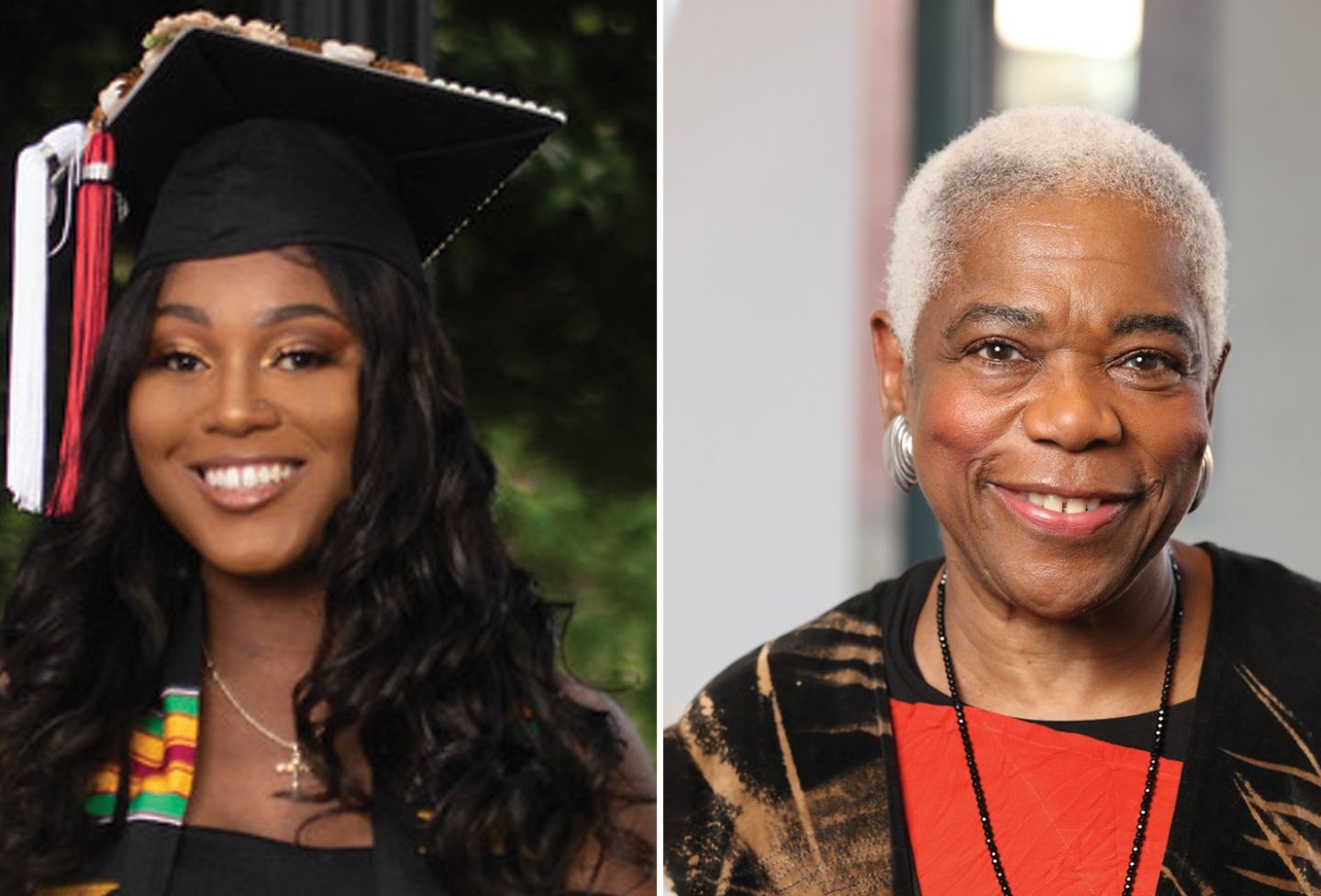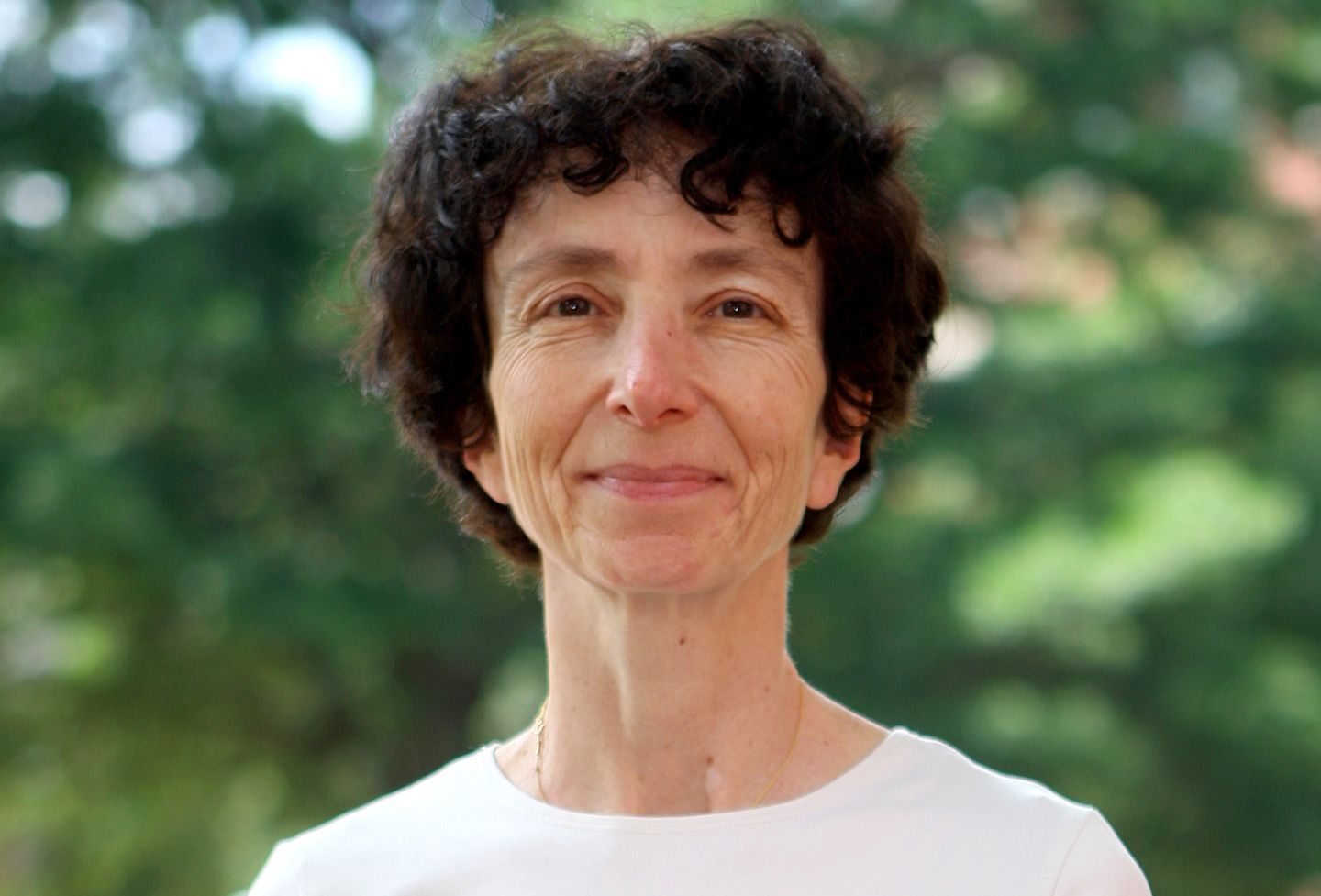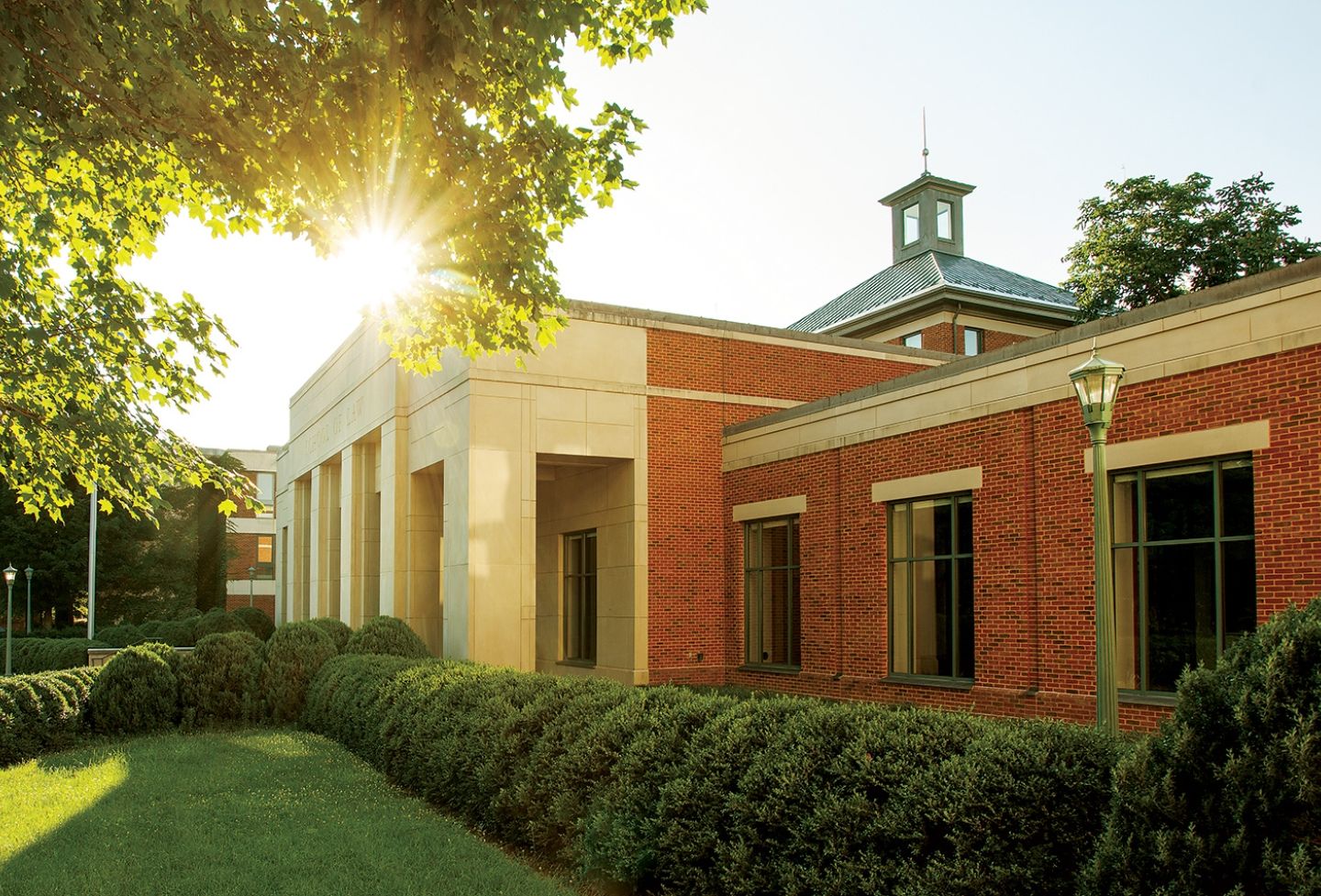With generous support from alumni and friends, the Virginia Loan Forgiveness Program helps make public service a more viable career option for graduates. Established by the Law School in 2001, VLFP covers the law school loan payments of accepted participants, making it financially feasible for them to serve in low-paying public interest jobs, such as those with federal, state, and local government offices; legal aid/advocacy or legal reform groups; or other nonprofit offices and organizations.
The amount of loan forgiveness is based on total law school debt and on income, with those making $55,000 or less receiving 100% forgiveness and those making more (up to $75,000) receiving a prorated amount. Once accepted into the program, participants receive loan forgiveness each year for up to 10 years (as long as they remain in public service law practice and meet the income requirements).
The Law School Foundation recently caught up with several current and former beneficiaries of VLFP. The following are excerpts from those conversations.
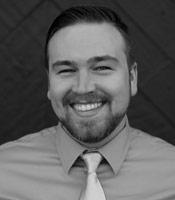 Michael McFadden ’10
Michael McFadden ’10
- Time in program: Nearly 8 years
- Position(s): Former general counsel and current board member for Farm Forward, which promotes conscientious food choices, reduces suffering of farm animals, and advances sustainable agriculture.
“Words fail to express the depth of the impact that VLFP has had on my career. When I joined Farm Forward as its second employee, our budget only allowed for very small salaries. VLFP was essential to my ability to help a cause I feel passionately about—farm animal welfare—because it allowed me to help build an amazing organization that has done much to spread awareness about the problems endemic to our industrialized food system. I take great pride in the fact that I attended a law school that takes public service so seriously. An education from UVA Law is a great gift, and I hope that my fellow alumni continue to support VLFP because it allows us to share that gift with those who need it most.”
 Estelle Hebron-Jones ’11
Estelle Hebron-Jones ’11
- Position(s): Staff attorney at Texas Defender Service, which offers post-conviction litigation, resources to capital trial lawyers, and policy reform throughout Texas. Previously served as a staff attorney at the Equal Justice Initiative, a Montgomery, Alabama–based nonprofit that confronts racial injustice, in part by providing legal representation to prisoners who may have been wrongly convicted, unfairly sentenced, or abused in state jails or prisons.
“At EJI [the Equal Justice Initiative], I represented people facing the most severe criminal penalties in our society, like the death penalty and life without parole. I also worked with formerly incarcerated people who participated in EJI’s post-release program and did a lot of work within the initiative’s Racial Justice program. One of the greatest opportunities I had at EJI was working on the National Memorial for Peace and Justice and the Legacy Museum. These cultural sites have educated thousands of people on the connections between slavery and mass incarceration and will continue to do so for years to come. My contribution was a small part of a very large effort. Having [a loan forgiveness program] can alleviate some of the financial constraints that can come along with certain public interest jobs. It is often these types of jobs that have the most direct impact on communities that cannot easily access legal services, and so, by supporting the VLFP program, you are also supporting access to justice.”
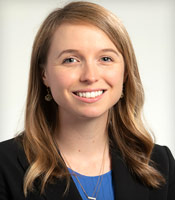 Peggy Nicholson ’11
Peggy Nicholson ’11
- Time in program: 7 years
- Position(s): Director of the Youth Justice Project for the Southern Coalition for Social Justice, which works to ensure equity, fairness, and justice for youth in North Carolina’s education, juvenile, and criminal justice systems. Previously, spent five years as an attorney at Legal Aid of North Carolina for its Advocates for Children’s Services project, which assists low-income students and families with overcoming barriers to academic success.
“I entered law school knowing that I wanted to pursue public interest law. Many people counseled me against it. They warned of the low pay and crushing student debt that would make it impossible for me to find a happy life as a public interest lawyer. I’m glad I didn’t listen and even more pleased that I chose a school like UVA that offers educational, career, and financial support to burgeoning public interest attorneys. At UVA, I found a community dedicated to fostering the growth of students who wanted to take the path less traveled. As a VLFP recipient and practicing public interest attorney, I’ve found quite a happy and full life where I’m able to pursue my passion for social justice without feeling like I’ve had to sacrifice my quality of life.”
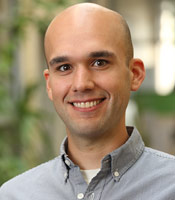 Mario Salas ’14
Mario Salas ’14
- Time in program: 5 years
- Position: Attorney for the JustChildren Program, as well as internship and fellowship coordinator at the Charlottesville-based Legal Aid Justice Center. JustChildren provides legal aid and advocacy for some of Virginia’s most vulnerable young people, including those from low-income households and those who are incarcerated.
“VLFP has allowed me to pursue a career in legal aid and impact advocacy on behalf of low-income Virginians. My salary is significantly lower than the average for my peers, but VLFP helps to narrow that gap and contributes to the financial independence I have been able to achieve even in a nontraditional legal career. UVA Law has a solid commitment to supporting students who want to serve the public good and works hard to facilitate careers in that field. Lawyers practicing law are all public servants to some degree—shaping institutions and changing systems, even in traditional private practice. UVA Law should continue to instill a sense of duty in its graduates to practice law responsibly and with an eye towards the public good—aspiring toward equity and justice whenever delivering legal services. During a time when we are suffering foreign and domestic attacks on our institutions and the rule of law, when income and wealth inequality are at historic highs, and when racism and bigotry are legitimized and emboldened, it’s our duty to join the fight for equal justice under law.
Founded in 1819, the University of Virginia School of Law is the second-oldest continuously operating law school in the nation. Consistently ranked among the top law schools, Virginia is a world-renowned training ground for distinguished lawyers and public servants, instilling in them a commitment to leadership, integrity and community service.
